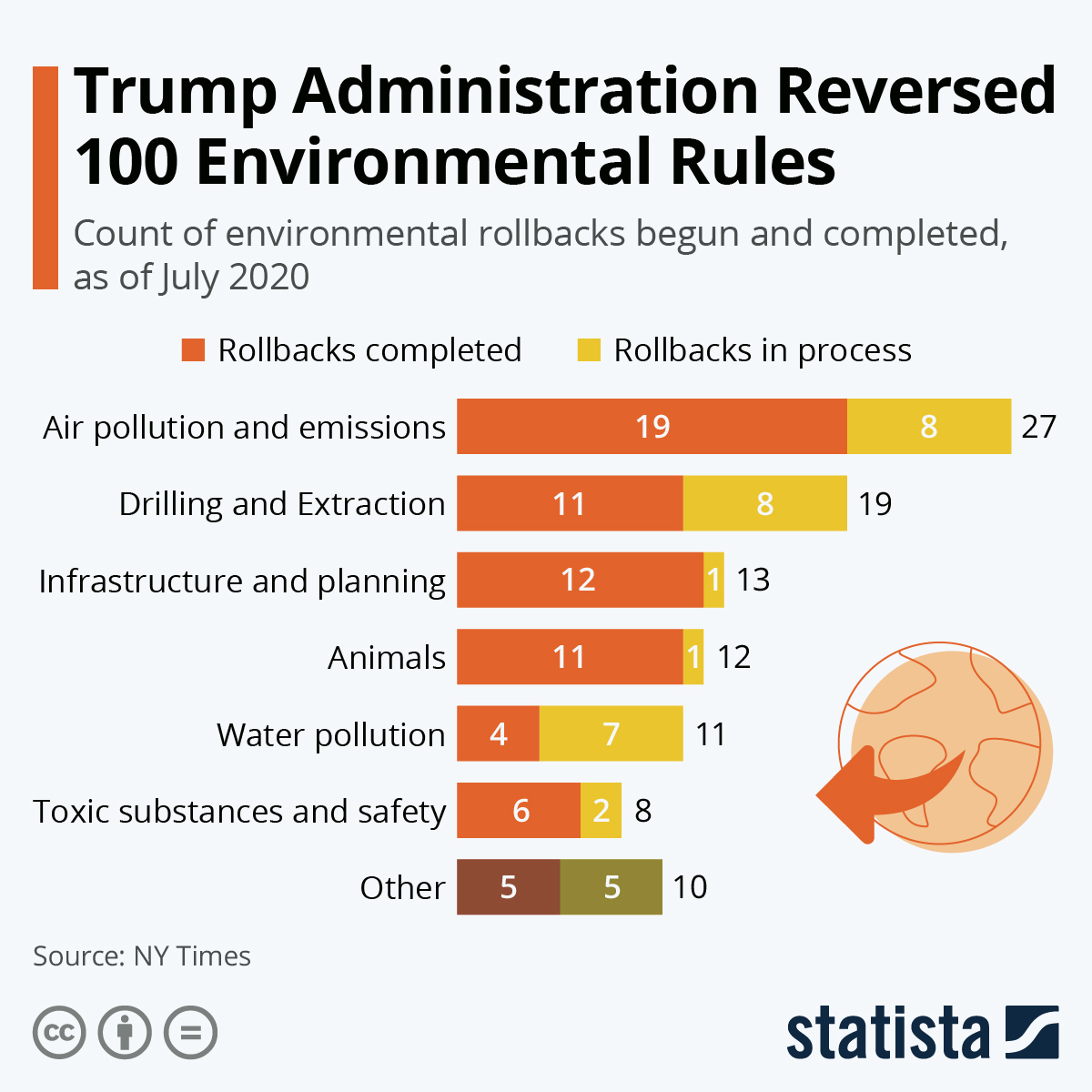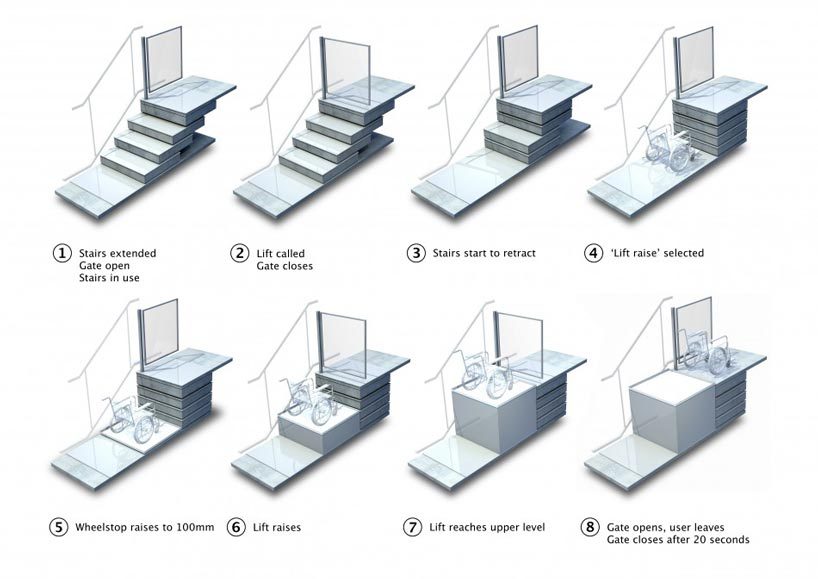Faster Nuclear Power Plants: Trump Administration's New Approach

Table of Contents
Streamlining the Nuclear Regulatory Process
A core element of the Trump administration's strategy focused on streamlining the regulatory hurdles associated with nuclear power plant licensing. The Nuclear Regulatory Commission (NRC), responsible for overseeing the safety and security of nuclear facilities, faced criticism for its lengthy approval processes. The administration aimed to reduce these delays through several key actions.
- Reduced review times for licensing applications: The goal was to expedite the review of applications, minimizing bureaucratic bottlenecks. This involved improving efficiency within the NRC and clarifying regulatory guidelines.
- Simplified regulatory requirements: The administration sought to simplify the complex web of regulations, reducing unnecessary burdens on applicants while maintaining rigorous safety standards. This included a push for more standardized designs, which would simplify the review process further.
- Increased staffing and resources for the NRC: Providing the NRC with additional personnel and funding was seen as crucial to reducing processing times and enhancing its overall efficiency in handling applications for nuclear power plant licensing.
- Focus on standardized designs for faster approvals: Promoting standardized designs for reactors significantly reduced the time required for regulatory review, as the NRC could focus on established safety parameters rather than reviewing unique designs each time.
While this streamlining approach held the promise of significantly accelerating the construction of new nuclear facilities, critics raised concerns about potential compromises on safety standards. Balancing the need for speed with the paramount importance of nuclear safety remained a crucial ongoing challenge for the NRC and the administration. Effective nuclear power plant licensing requires a careful consideration of both factors, and the optimal balance remains a subject of ongoing debate.
Promoting Advanced Reactor Technologies
Recognizing the potential of innovative reactor designs, the Trump administration championed research and development of advanced reactor technologies, particularly small modular reactors (SMRs). These smaller, factory-built reactors offer several advantages over traditional large-scale designs, including:
- Financial incentives for developers of advanced reactors: Tax credits and grants were offered to incentivize private sector investment in the development and deployment of these advanced technologies.
- Government funding for research and demonstration projects: Significant government funding supported the research, development, and demonstration of SMRs and other advanced reactor designs.
- Emphasis on safety and efficiency improvements in newer designs: The administration emphasized the inherent safety and efficiency benefits of SMRs, which can help mitigate some of the traditional concerns surrounding nuclear power.
- Discussion of the potential for quicker deployment of these smaller, safer reactors: The modular nature of SMRs lends itself to faster construction and deployment compared to traditional large-scale reactors.
The push for advanced reactor technology like SMRs represents a significant shift in the nuclear energy landscape. The focus on nuclear innovation, coupled with strategic government support, aimed to overcome some of the technological and economic barriers hindering wider adoption of nuclear power. Keywords like "small modular reactors (SMRs)," "advanced reactor technology," and "nuclear innovation" highlight the importance of this aspect of the administration's strategy.
Economic Incentives and Private Sector Partnerships
The Trump administration also recognized the crucial role of private sector investment in accelerating nuclear power plant construction. Therefore, a key part of its strategy involved creating a more favorable investment climate through various financial incentives and partnerships.
- Tax credits for nuclear power plant construction: Tax credits were designed to reduce the upfront costs of building nuclear power plants, making the projects more attractive to private investors.
- Government loan guarantees to reduce financial risk: Loan guarantees from the government served to mitigate the significant financial risks associated with large-scale nuclear projects, encouraging private sector participation.
- Public-private partnerships to share costs and expertise: The administration promoted public-private partnerships to leverage both public resources and private sector expertise to manage costs and accelerate deployment.
- Discussion of the role of private investment in accelerating deployment: The goal was to create a strong partnership between the public and private sectors to share the risks and rewards of building nuclear power plants, thus accelerating their deployment.
Keywords such as "nuclear power investment," "tax incentives for nuclear energy," and "public-private partnerships" underscore the importance of these economic measures in the administration's overall strategy. The success of these initiatives depended significantly on the willingness of private companies to engage in these collaborations.
Assessing the Success and Challenges
The Trump administration's efforts to create faster nuclear power plants achieved some success, but faced significant challenges.
- Specific examples of projects that benefited from the administration's policies: (Specific examples would need to be added here – research is needed to identify projects directly benefiting from these policies).
- Challenges encountered in implementing the new policies: These could include bureaucratic inertia within the NRC, unexpected cost overruns in specific projects, and ongoing public resistance to nuclear power.
- Analysis of the long-term impact of the initiatives: The long-term consequences of the administration's policies are still unfolding, and require further monitoring and analysis. Factors such as public perception of nuclear power and competition from renewable energy sources will play crucial roles in shaping the future of nuclear power.
Keywords like "nuclear energy challenges," "nuclear power plant costs," and "public perception of nuclear power" are critical for understanding the complexities of this multifaceted issue.
Conclusion: The Future of Faster Nuclear Power Plants
The Trump administration's approach to expediting nuclear power plant construction involved a multi-pronged strategy that included streamlining the regulatory process, promoting advanced reactor technologies, and encouraging private sector investment. While the initiative showed promise in certain areas, challenges related to regulatory hurdles, public perception, and project costs persisted. The long-term impact of these policies remains to be seen. The future of faster nuclear power plants depends on continuing to address these challenges. Further research, development, and open discussion are crucial to making accelerated nuclear power plant construction a reality, ultimately contributing to a more diverse and sustainable energy future. We must continue exploring strategies for speeding up nuclear power plant deployment and finding ways to make this vital energy source a more efficient and readily available option for meeting global energy demands. The quest for safer, more efficient, and readily deployable nuclear energy continues.

Featured Posts
-
 Hills Strong Goaltending Powers Golden Knights To 4 0 Win Over Blue Jackets
May 10, 2025
Hills Strong Goaltending Powers Golden Knights To 4 0 Win Over Blue Jackets
May 10, 2025 -
 Tf Ls Commitment To Wheelchair Accessibility Navigating The Elizabeth Line
May 10, 2025
Tf Ls Commitment To Wheelchair Accessibility Navigating The Elizabeth Line
May 10, 2025 -
 Strictly Come Dancing Star Wynne Evans Breaks Silence On Future Plans
May 10, 2025
Strictly Come Dancing Star Wynne Evans Breaks Silence On Future Plans
May 10, 2025 -
 The Impact Of Trumps First 100 Days On Elon Musks Financial Status
May 10, 2025
The Impact Of Trumps First 100 Days On Elon Musks Financial Status
May 10, 2025 -
 Investigation Into Police Conduct Nottingham Attacks
May 10, 2025
Investigation Into Police Conduct Nottingham Attacks
May 10, 2025
